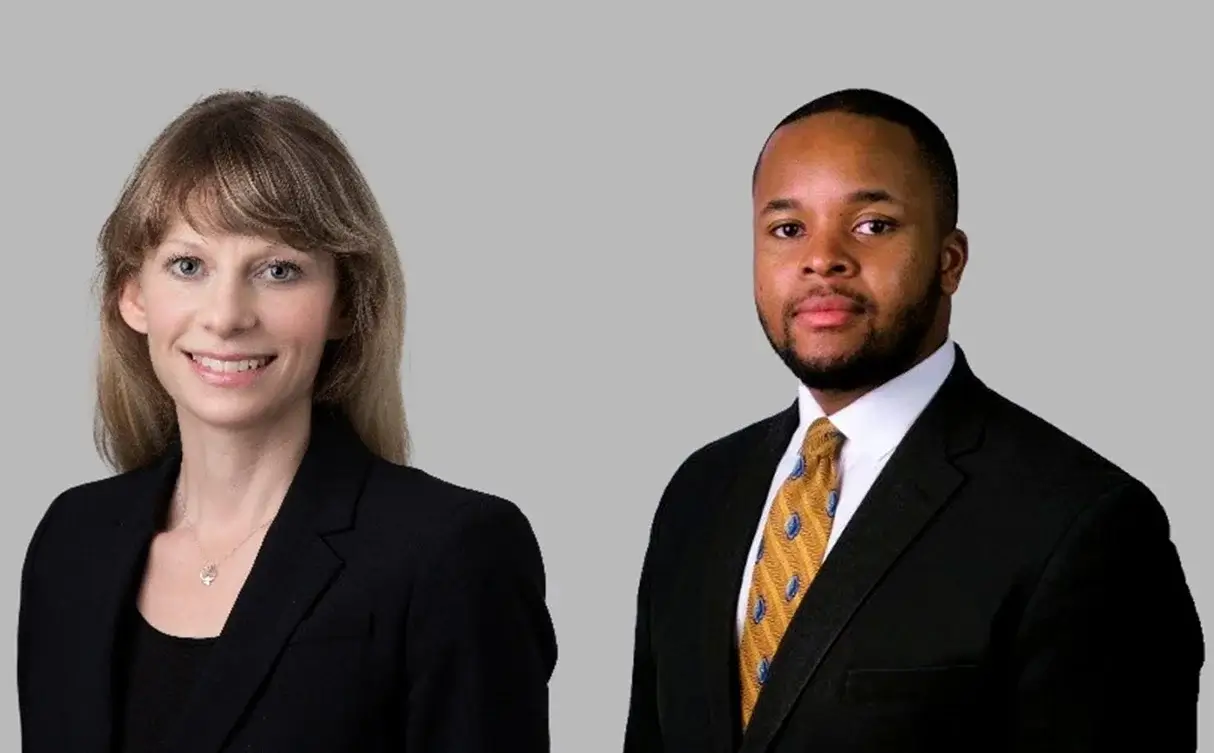For this year’s Black History Month theme, ‘Saluting our Sisters’, 1MCB celebrates the life and work of Jocelyn Gibbs, whose legacy and commitment to building and advocating for Black communities were immeasurable and felt to this day.
‘Saluting our Sisters’ aims to highlight the critical role that Black women have played in shaping history, inspiring change and building communities. This is a contribution which, all too often, is overlooked or forgotten.
Called to the bar 1972, Jocelyn was a founding member of the Society of Black Lawyers, the oldest organisation of African, Asian and Caribbean lawyers in the UK, established in 1969. The late 1960s and early 1970s saw the emergence of a number of local, activist, Black self-help organising centres in Ladbroke Grove. These provided much needed advice and support to residents encountering and confronting the authorities over discrimination in schooling, housing, policing and judicial proceedings. Chief amongst these organisations was ‘Back-a-yard’, which later became the Black People’s Information Centre (BPIC) on Portobello Road.
Joycelyn’s commitment to community self- help and resistance spaces in the UK, meant that on Saturdays she would attend BPIC to provide free legal advice. This led to her building a practice centred on bringing the wider issues the community faced into the courtroom when fighting for justice. This dedication is reflected in her early practice, where she successfully fought “SUS law” cases, representing Black youths targeted by the police.
She was also defence counsel in the 1982 Bradford 12 case, where 12 Asian youths were charged for defending themselves against the National Front and violence in Bradford. Over 500 people stood outside court on the first day of trial, chanting songs in support of the 12 for hours. The trial highlighted ongoing issues of racist violence against immigrant communities and police violence, including the New Cross massacre. The community-focused legal strategy led to the acquittal of all defendants and was a focal moment in legal history.
Jocelyn was also counsel in the Scarman Inquiry into the Brixton Uprisings in 1981 and further chaired an inquiry into allegations of racism and harassment surrounding the death of a ten-year-old boy in Lewisham.
Jocelyn’s life work sat at the direct intersection of law in the service of organising. She understood the problems that Black communities faced at a political and global level due to systemic and interpersonal racism they were subjected to and focused her work on helping communities organise and build enough power to shift the terms on which decisions about their futures are made; she ensured her practice recognised and fought against racial injustice.
1MCB is honoured to recognise, salute and continue in her mantra for change and justice.



